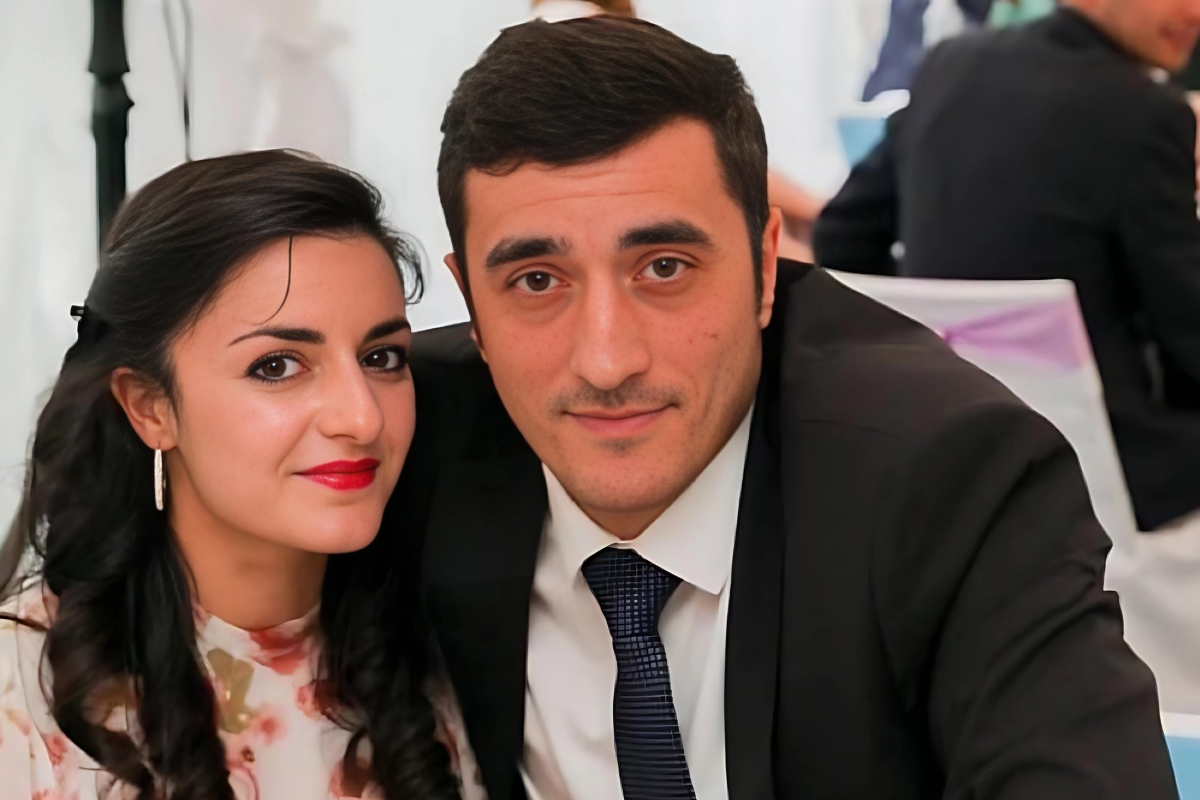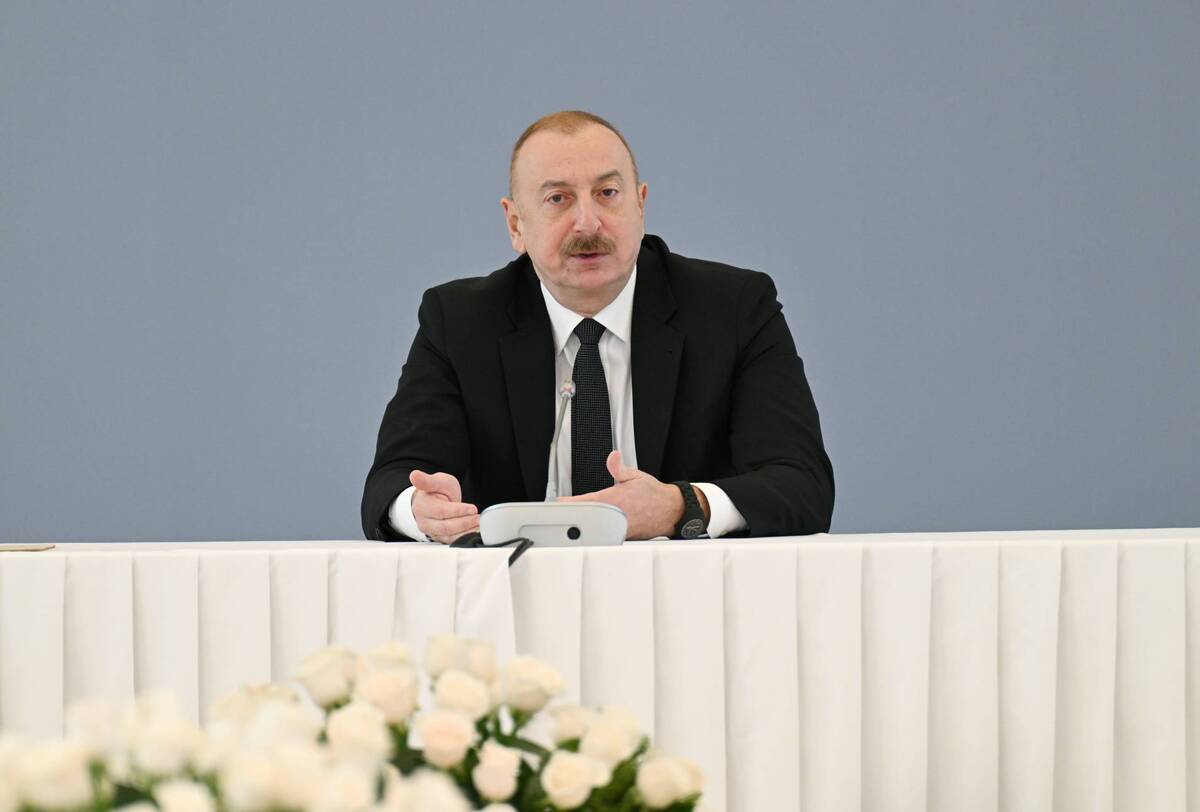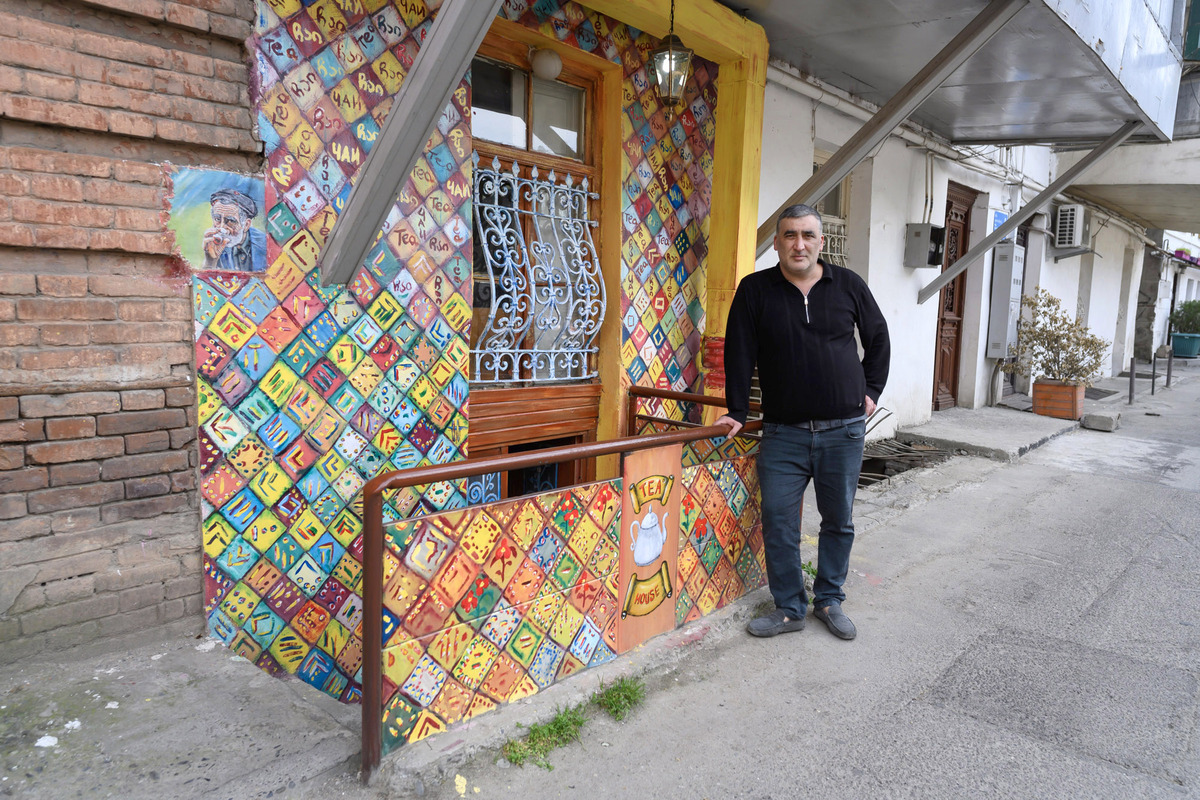- Home
- Cross Cultural Casualties at Crocus City
Cross Cultural Casualties at Crocus City
Many dozens died on Friday in an awful concert massacre in Moscow, cited by some as being terrorist retaliation for Russia’s involvement in Syria. Amongst the victims was an Azerbaijani-Armenian couple whose love had bridged an altogether different conflict.

Image: Azeri Times/Twitter
On Friday night (22 March), a group of gunmen killed at least 137 concert-goers at the Crocus City events hall at an entertainment centre on Moscow’s western edge, shooting many and then setting fire to the building, leading to further death and destruction. The attack was claimed by a branch of Islamic State (IS), and four citizens of Tajikistan were rapidly caught and—after what appears to have been a severe beating and possible torture—admitted the crimes when charged on Sunday.
President Putin called it a “barbaric terrorist attack,” and some media outlets fear that “Muslim minorities in Russia are likely to face a wave of repression” as a backlash. On Sunday, Russia held a national day of mourning but the Kremlin has not accepted at face value that IS was behind the atrocity, with Putin hinting that Ukraine was planning to offer an escape route to the terrorists, a claim which Kyiv and Washington have both rejected as absurd.
A very personal tragedy
Of course, for the victims and their families, it’s all about personal loss rather than the underlying geopolitics. Few examples more poignantly exemplify this than that of married couple Vugar Huseynov and Lilit Israelyan. Both died at Crocus City, leaving behind them an 18-month-old orphan. Their deaths gained further note because Vugar was of Azerbaijani origin while his wife was from an Armenian background. The pair had married in Moscow where they worked at Vnukovo Airport, their union being symbolic of how humanity can, at a personal level, overcome even decades of animosity between nations.
The news of their deaths was tweeted in English by Azeri Times based on earlier snippets reported through Regnum.ru, which dashed earlier hopes that Lilit might have survived. Little further detail emerged in the mainstream press, but on social media, the story led to some thoughtful reflections on love over politics as well as a reminder that close friendships, as well as love affairs between Armenians and Azerbaijanis, have always been more common than is typically reported—especially in the relative anonymity of Moscow.
Read this next






